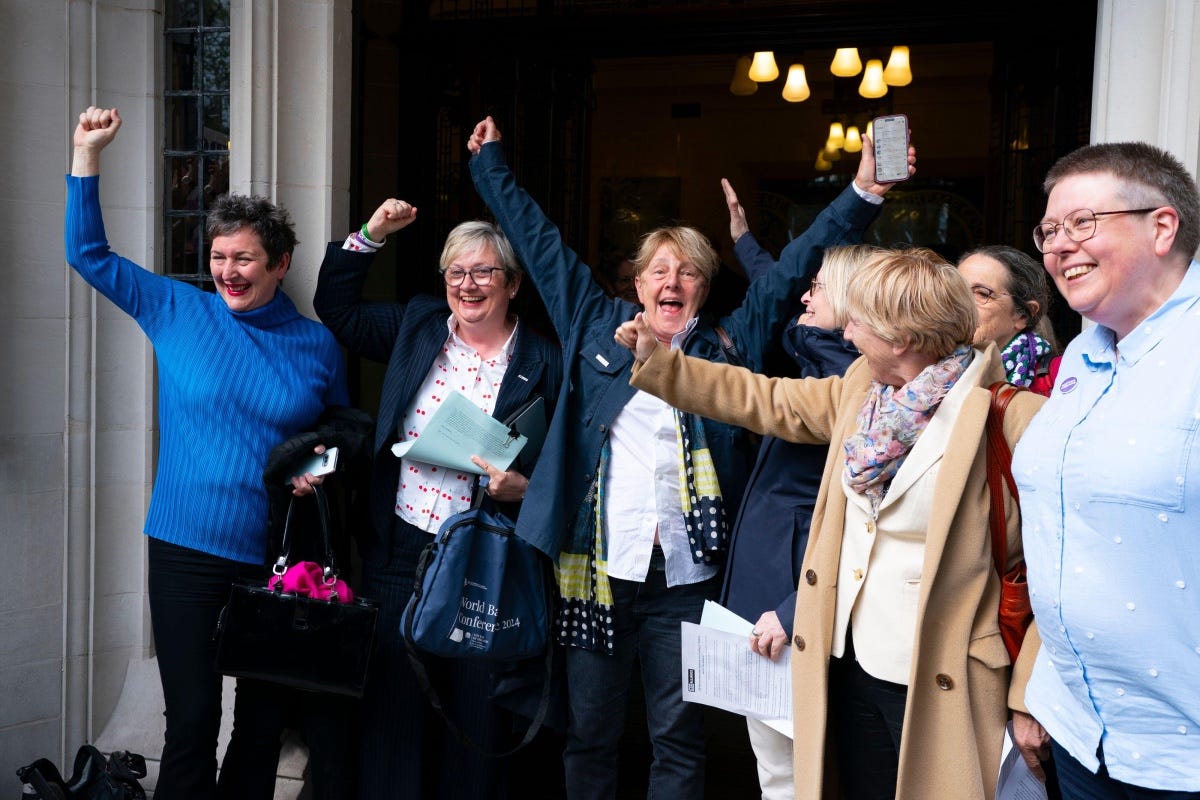The transgender revolution and the extraordinary power of very bad ideas
Throughout history, time and again it happens. Revolutions are radicalising events and people get hurt in the process.
This is Iain Martin’s weekly newsletter for subscribers.
In The Fall of Robespierre, the spellbinding account of 24 hours in revolutionary Paris by Colin Jones, there are numerous points where the sentient reader has to pause and take a breath, simply to process the almost unbelievable madness of the position in which the participants find themselves. What the hell did they all think they were doing? Why didn’t they pause? They started out with an abstract idea, or a desire for power at least, and became so attached to it that some point they started killing to defend it and then killing just to avoid being killed by their former colleagues who had started out believing something similar.
Robespierre started out as a lawyer supposedly dedicated to fighting injustices, campaigning for universal suffrage and an end to slavery. Yet step by step his political power grew and he became a despot. In the aftermath of 1789 he was the key figure, directing a purge of enemies of the revolution and splattering Paris with the blood of his enemies. It is as though he started out in the Liberal Democrats advocating for proportional representation and recycling and a decade later ended up like Stalin dispatching enemies to the gulag. Not so, say conservatives. Robespierre was a wrong ‘un from the start and once revolutions get going they are radicalising events that always result in bloodshed.




